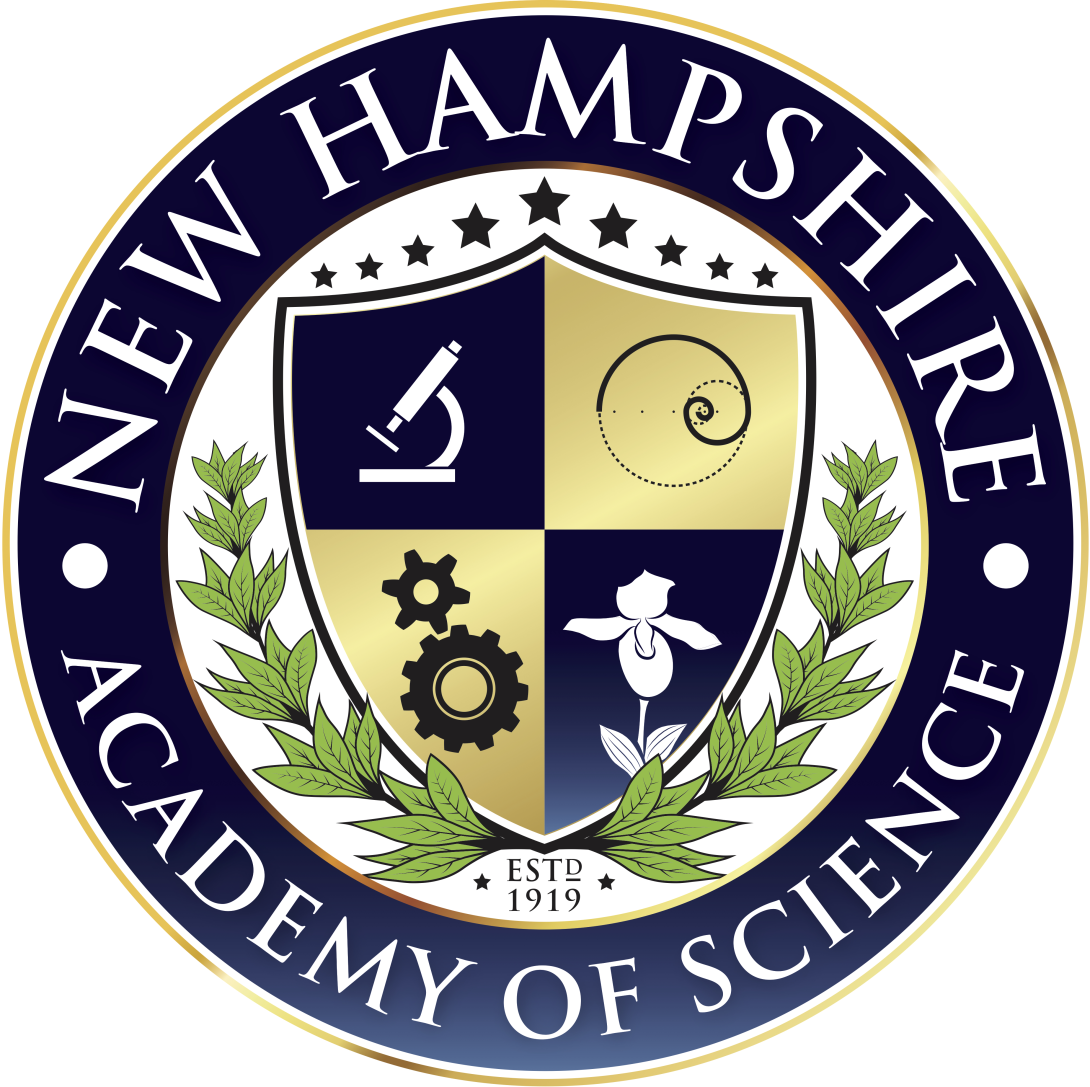Exploring Key Predictors of STEM/ICT Career-related Outcomes Using the World Smarts STEM Challenge Model that Incorporates Global Engagement and Mentorship
There is a clear need for a diverse, skilled, and culturally competent science, technology, engineering, and math (STEM) and information and communications technology (ICT) workforce. Further, the STEM/ICT workforce increasingly recognizes that solutions to the world’s most pressing problems must be developed collaboratively on a global level.
